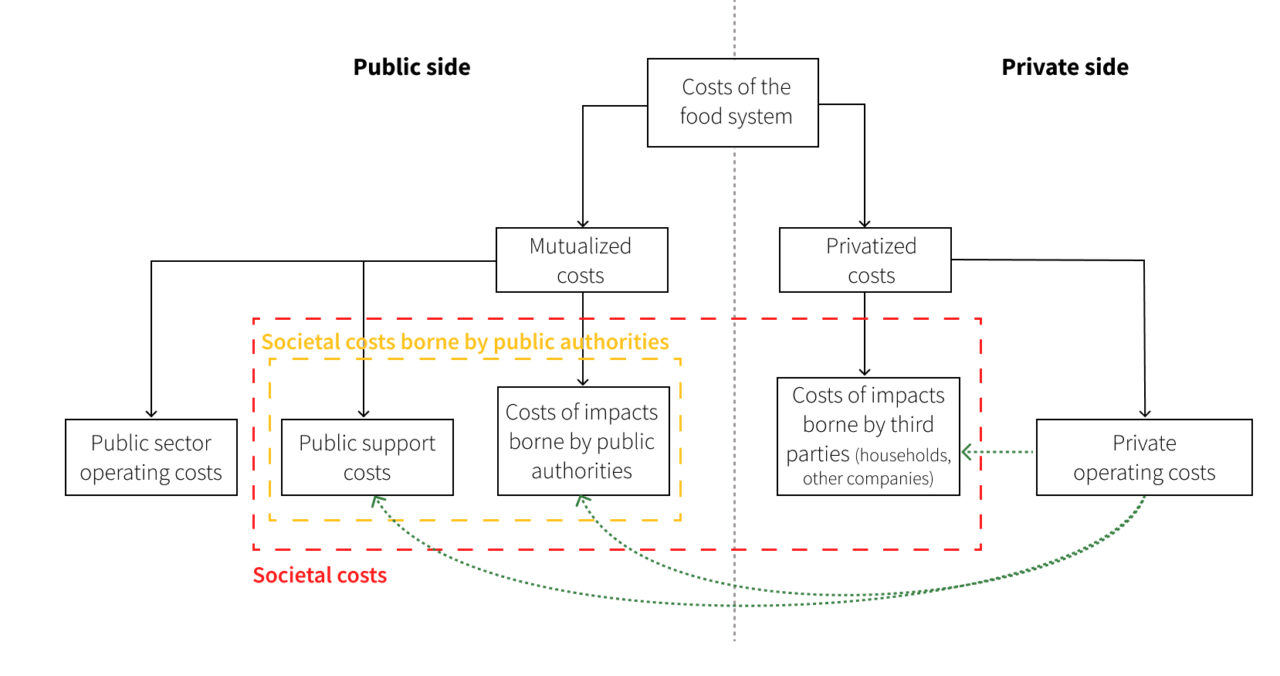Societal costs
How can we measure the impact of an economic activity? How can we assess the effectiveness of the public policies that frame or support it? How do we know what our production and consumption patterns really cost us?
All economic activities generate costs. These include production costs linked to raw materials, energy and labor. The quest for competitiveness drives many economic players to reduce their costs. Sometimes, they do so by passing on these costs to other players, such as businesses, households or the community as a whole.
This phenomenon was described by the German-American economist Karl William Kapp in his book “The Social Costs of Private Enterprise”. Extending Kapp’s theory, BASIC’s approach focuses on societal costs, which offer a broader vision of the costs of economic activity borne by society.
These may be costs passed on to third parties. This is the case, for example, when a factory pollutes its immediate environment without taking responsibility for the consequences, leaving neighboring households to bear the health consequences and other neighboring businesses to bear the clean-up costs.
Some of the negative impacts of economic activities are partly borne by the public authorities. These include, for example, social security expenditure attributable to the health effects of pollution.
Societal costs also include public support for economic activity, whether direct, such as subsidies from the European Union, the State and local authorities, or indirect, such as exemptions from social security contributions or taxes. This public support reflects choices made in favor of a particular mode of production and consumption.

Societal costs are not theoretical costs, unlike “externalities” as conceptualized by neoclassical environmental economics. Societal costs are real, accounting costs that actually give rise to expenditure, either by the public authorities or by third-party private players who suffer impacts when they are not the cause of them.
Identifying, measuring and analyzing societal costs makes it possible to pursue at least two objectives:
- Fighting inequality. When costs are not borne by certain types of stakeholder who could bear them, and instead fall on other categories of stakeholder who have less capacity to cope, they create regressive distributional effects and accentuate inequalities.
- Avoiding unsustainable behavior. When an economic player does not assume the cost of the impacts it produces on water quality, biodiversity or health, for example, there is a risk that sustainability thresholds will be exceeded, because the impacts will continue as long as no one assumes responsibility for them.